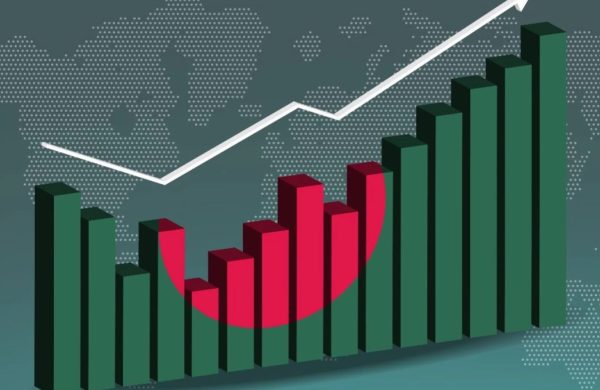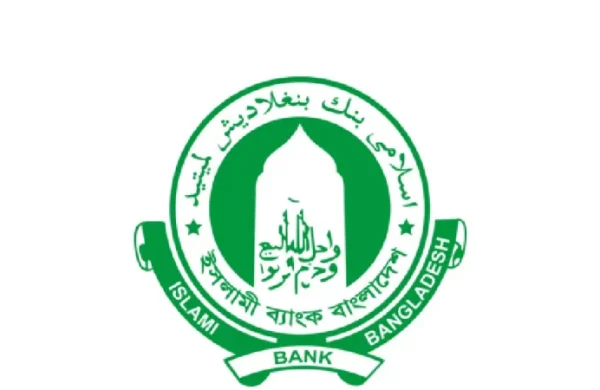Strong external sector bolsters economic recovery hopes: GED
- Update Time : Sunday, May 25, 2025

Staff Correspondent:
The Planning Commission’s General Economics Division (GED) expects an economic recovery bolstered by a favorable external sector with positive exports, remittance growth, and a stable exchange rate.
“While global growth is expected to remain steady, domestic challenges, including political uncertainty and inflation, are expected to weigh on the economy in the short term,” it, however, warns.
In its latest monthly outlook, the Planning Commission’s wing calls for prudent measures to mitigate the adverse impact of inflation on households and build confidence among investors in the upcoming budget would be key to a strong recovery in the coming fiscal year.
It also cites declining inflationary pressures, and a positive deposit and credit growth in the banking sector as signs of gradual restoration of macroeconomic stability.
“The economic outlook for Bangladesh in May and June 2025 is marked by cautious optimism, with a gradual restoration of macroeconomic stability through various reform measures,” the GED says in its Economic Update and Outlook for May.
Food continues to be the predominant factor in overall inflation, accounting for 42.2%, with rice contributing more in April than in the month before. The contribution of rice increased from 34% in March to 40% in April, indicating the shortage of rice supply in the market, says the monthly review, the second of its kind since economist Dr Monzur Hossain joined the GED as a member.
Price of medium rice, consumed mostly by lower middle income families, contributed the most among all types of rice categories (19.4%) in April, it points out.
“To mitigate the impact of food supply shocks amid escalating food costs, it is prudent to sustain a sufficient strategic buffer stock of food/rice,” it says, stressing food aid schemes such as school feeding, food-for-work, and open market sales.
Potato prices fell, cutting its share in overall food inflation, but soybean oil remained a major contributor. The outlook finds noticeable gap between rural (44.7%) and urban (36.5%) food inflation, and suggests that guaranteed employment programmes for the poorer households should be strengthened in the upcoming budget.
In addition, measures need to be undertaken to create short-term employment opportunities and facilitate access to transfer incomes in rural regions, and food at subsidised prices, particularly for the urban poor, it says.
The monthly economic review sees gradual improvements in investments and economic recovery as reflected in the steady growth of bank deposits and private credit in March, but raised a flag at the surging public borrowing from banks.
Government borrowing from commercial banks surged to Tk985.79 billion by mid-April — a 60% increase year-on-year- due to sluggish revenue collection and the suspension of direct central bank financing, it notes. “The increased reliance on commercial bank borrowing might have crowded out private sector credit access.”
Though revenue collection posted just 2.76% growth in the July-March period of this fiscal year, the GED says the separation of the National Board of Revenue (NBR) into two divisions holds promise for a better revenue environment.
Referring to the NBR’s new decade-long strategy targeting to achieve a 10.5% tax-to-GDP ratio by FY35, the GED says: Before implementing the strategy, a review of how and why past reform measures have not succeeded may be necessary.
The Planning Commission’s wing finds that taka is competitive against the dollar in foreign trade, with the Real Effective Exchange Rate (REER) showing a depreciating trend. Positive buildup of reserves, growth of exports and remittances, and judicious use of foreign reserves helped stabilise the exchange rates, it says, suggesting a cautious and prudent exchange rate management policy.
Steady growth in foreign exchange reserves, reaching $27.4 billion in gross, signals strengthened external position, paving the way for the government to clear outstanding energy import bills, the monthly review says.
Overall, the rising trend in reserves means improved foreign currency inflows, better trade performance, and increased financial stability, it states.


















